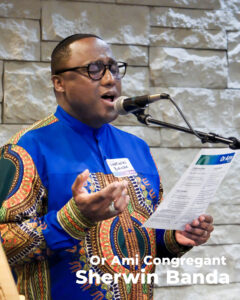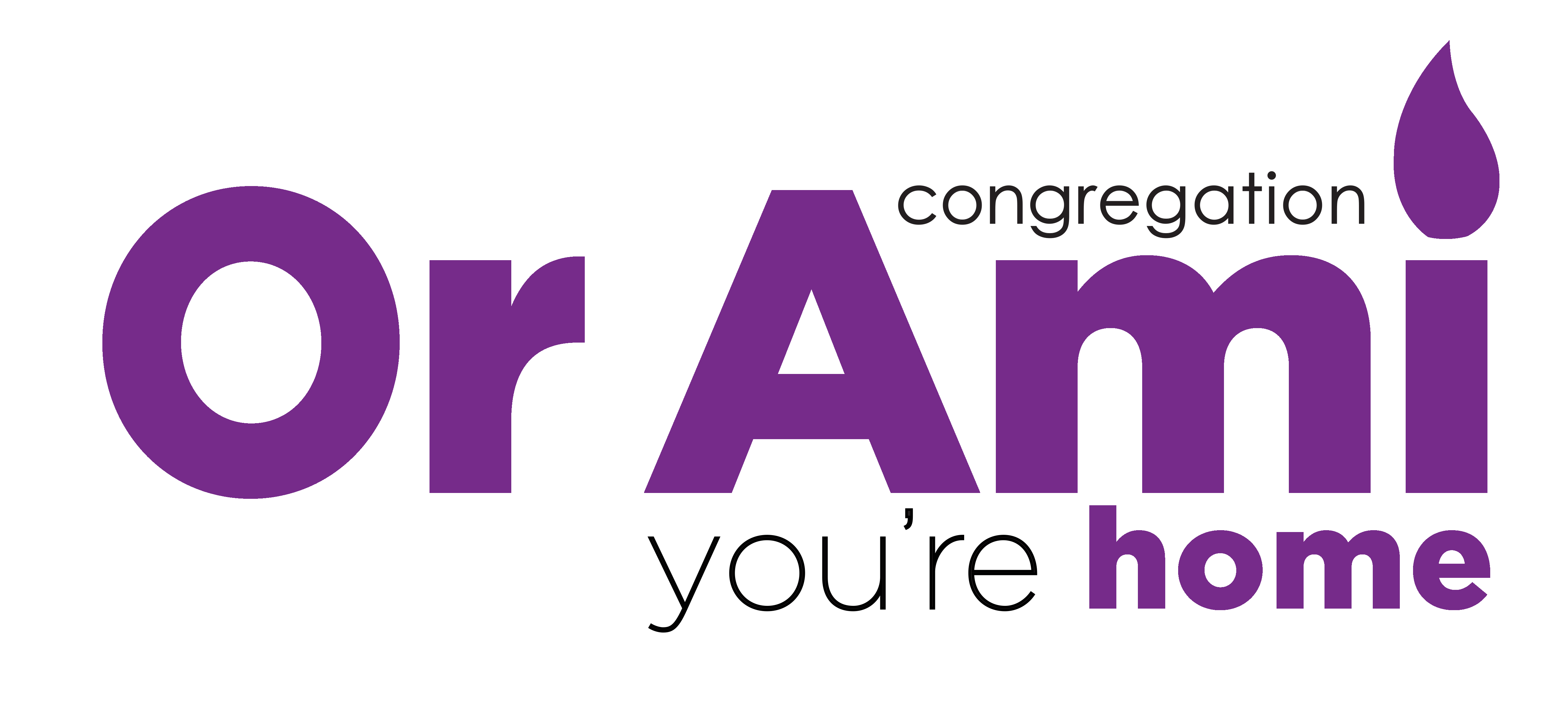Teutonic Shifts in Syria and the Middle East
By Rabbi Paul Kipnes
 The upheaval in Syria is nothing short of a modern-day Teutonic shift in the Middle East. With alliances realigning and powers jockeying for influence, the region is in a state of profound transformation. For those of us striving to make sense of the headlines, the challenges are immense. Syria’s story is one of tragedy, resilience, and complexity—a plethora of competing narratives and shifting priorities that leave us with more questions than answers.
The upheaval in Syria is nothing short of a modern-day Teutonic shift in the Middle East. With alliances realigning and powers jockeying for influence, the region is in a state of profound transformation. For those of us striving to make sense of the headlines, the challenges are immense. Syria’s story is one of tragedy, resilience, and complexity—a plethora of competing narratives and shifting priorities that leave us with more questions than answers.
What does the evolving Syrian landscape mean for Israel and America—both individually and as partners? How do we understand the confluence of military strategies, humanitarian crises, and geopolitical maneuvers playing out on this blood-soaked soil?
For a deeper understanding, I encourage you to listen to Dan Senor’s Call Me Back podcast episode on Syria. While events continue to unfold rapidly, Senor’s discussion offers a detailed history of the conflict and insight into its ramifications for Israel. By retracing the origins of the Syrian Civil War and exploring its ripple effects across the region, the episode sheds light on the precarious balance of power and how it directly impacts Israel’s security posture and America’s role on the global stage. (See also articles in the Atlantic magazine and The Times of Israel.)
Praying for Peace in a World in Conflict
This past Shabbat, Congregation Or Ami had the privilege of hearing congregant Sherwin Banda join Rabbi Lana Zilberman Soloway and me on the bimah to sing a stirring rendition of Shalom Rav, our prayer for peace. As Sherwin’s voice filled the sanctuary (listen to it at 34:22), I found myself reflecting on the power of peace—not just as a lofty aspiration but as an urgent necessity in a world rife with conflict. Syria’s turmoil is a stark reminder of how fragile peace can be and how much we must do to cultivate it.
Top 10 Actions for a World in Transition
In my Yom Kippur sermon this year, I outlined a Top Ten list of actions we can take in response to what I termed “the end of the Post-Holocaust era.” Listening to the Call Me Back podcast was near the top of that list. As I explained in my sermon (you can revisit the full list in this video), the unraveling of old paradigms requires us to engage with the world’s complexities more deeply and intentionally than ever before.
As Jews, we have a sacred responsibility to confront the challenges of our world with a sense of moral clarity and historical awareness. Our tradition reminds us that amidst chaos, we are called to be rodefei shalom, pursuers of peace. We must approach these challenges with hearts open to the suffering of others and a commitment to tikkun olam, repairing the world.
Standing in the sanctuary last Shabbat, as Sherwin sang the words of Shalom Rav, I was reminded of the enduring wisdom of our prayer: “Grant abundant peace to Your people Israel forever.” It is a peace rooted not in naivety but in hope—an abiding hope that through understanding, compassion, and action, we can build a more just and harmonious world.
Let us listen, learn, and act, driven by our eternal mandate to bring light into the darkness. May the fractured lands of Syria, Israel, and beyond one day know the healing power of shalom. May it begin with us.
